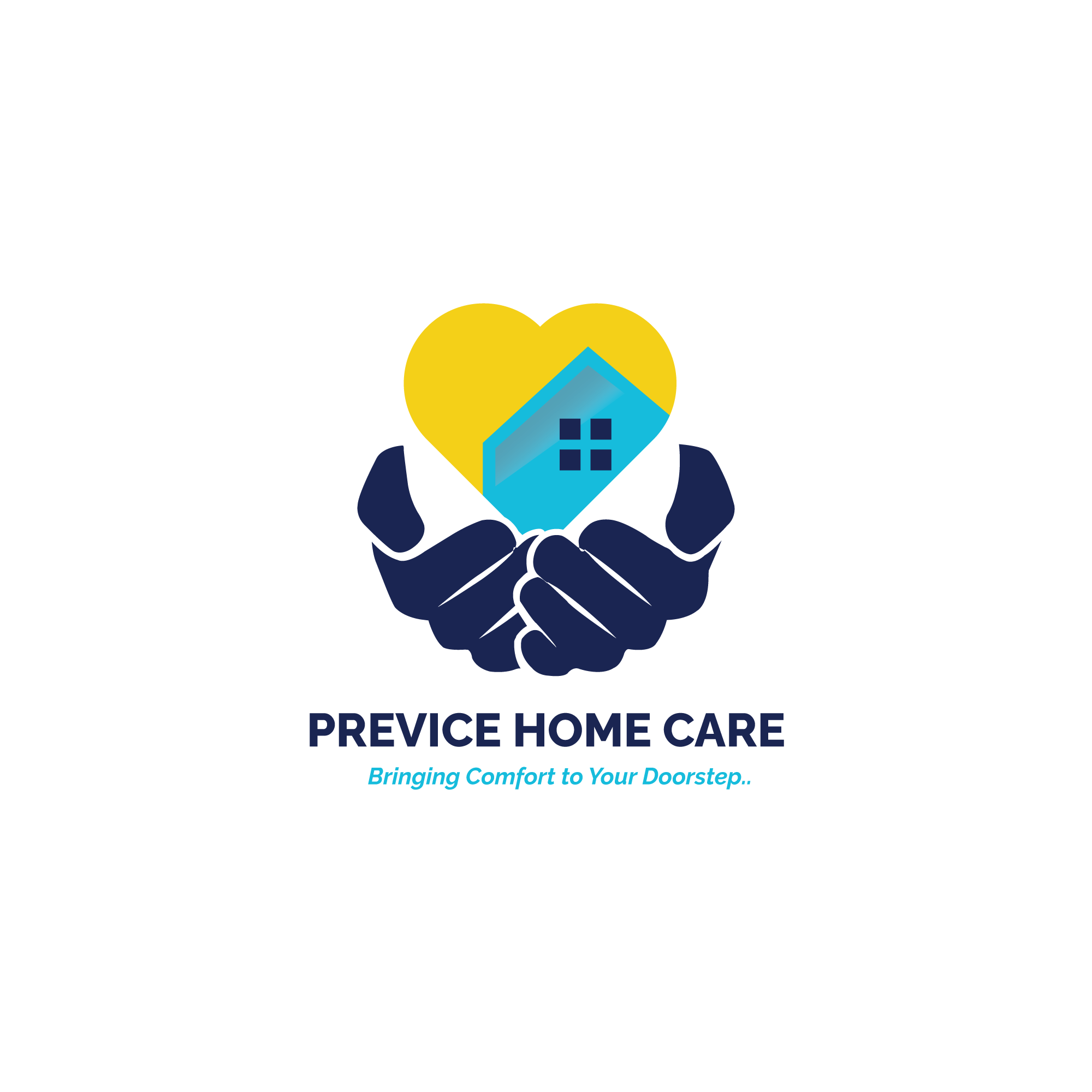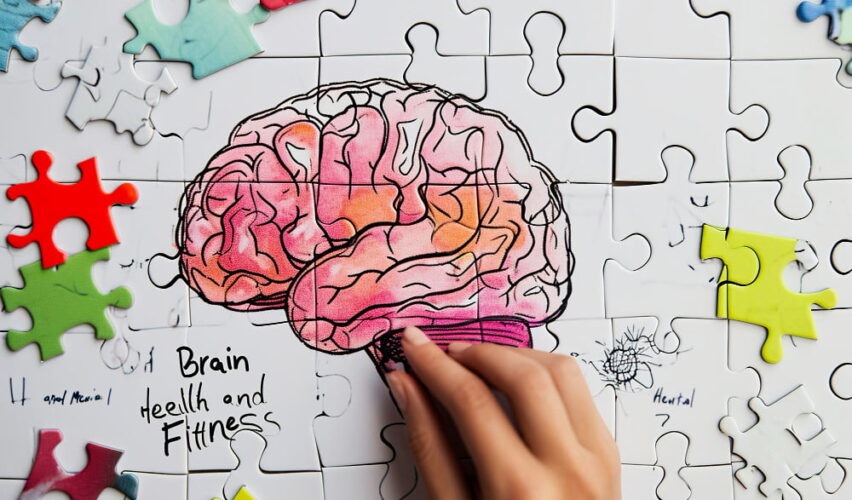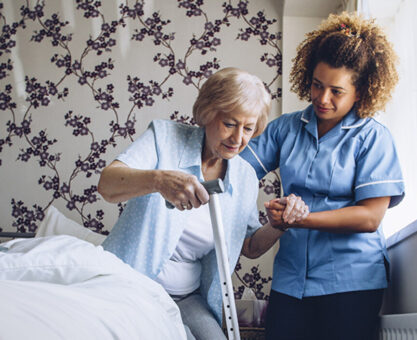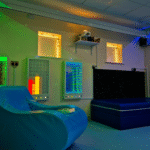Brain stimulation activitie for elders are essential for maintaining mental agility, confidence, and a sense of purpose. Cognitive health is one of the most important yet often overlooked components of overall well-being. Whether caring for an aging adult, a person with a disability, or someone recovering from illness or injury, it’s essential to support not only their physical health but also their mental agility.
At Previce Care, we believe that every individual, regardless of age or ability, deserves access to care that nurtures both body and mind. Through thoughtful home care that includes daily brain stimulation activitie for elders, we help foster confidence, clarity, and continued growth.
Mental stimulation doesn’t have to be complicated; it just needs to be consistent, personalized, and enjoyable. Here’s how families and caregivers can help care recipients stay mentally active, engaged, and empowered.
Why Brain Stimulation Activitie for Elders Matter
Just like muscles, the brain needs regular exercise to stay sharp. When cognitive activity slows, individuals may experience:
- Memory loss or forgetfulness
- Decreased focus or attention span
- Confusion or disorientation
- Reduced communication ability
- Lower emotional resilience
These effects can be especially common in older adults or those living with conditions such as dementia, stroke, or traumatic brain injuries. But with the right activities and support, the brain can remain active and even improve its function well into later life.
Benefits of Brain Stimulation Activitie for Elders
- Improved memory retention
- Increased mental clarity and focus
- Stronger problem-solving and communication skills
- Reduced risk of cognitive decline
- Better mood and emotional regulation
- A stronger sense of self-worth and independence
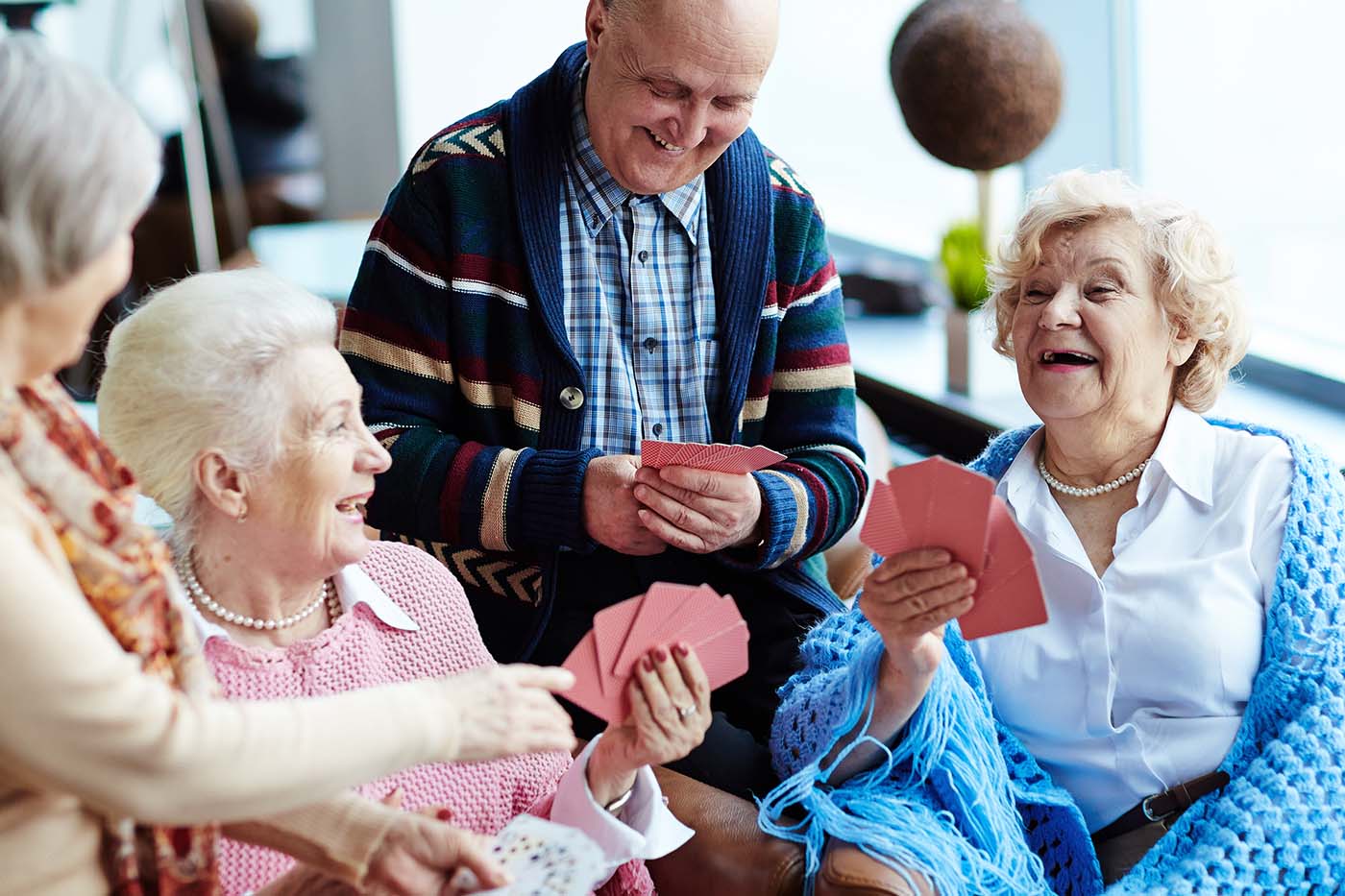
8 Brain Stimulation Activitie for Elders to Try at Home
Here are some accessible and effective ways to encourage cognitive health in home care settings:
1. Daily Conversations That Go Beyond Small Talk
Stimulating dialogue is a powerful cognitive tool. Instead of repeating “how are you?”, try asking open-ended questions like:
“What was your favorite trip or vacation?”
“Tell me about a time you overcame a challenge.”
“What advice would you give to your younger self?”
Why it works: Reflective questions encourage memory recall, emotional connection, and storytelling great brain workouts in disguise.
2. Puzzles and Brain Games
Crossword puzzles, Sudoku, jigsaw puzzles, or even digital memory apps can help train focus, sequencing, and spatial awareness.
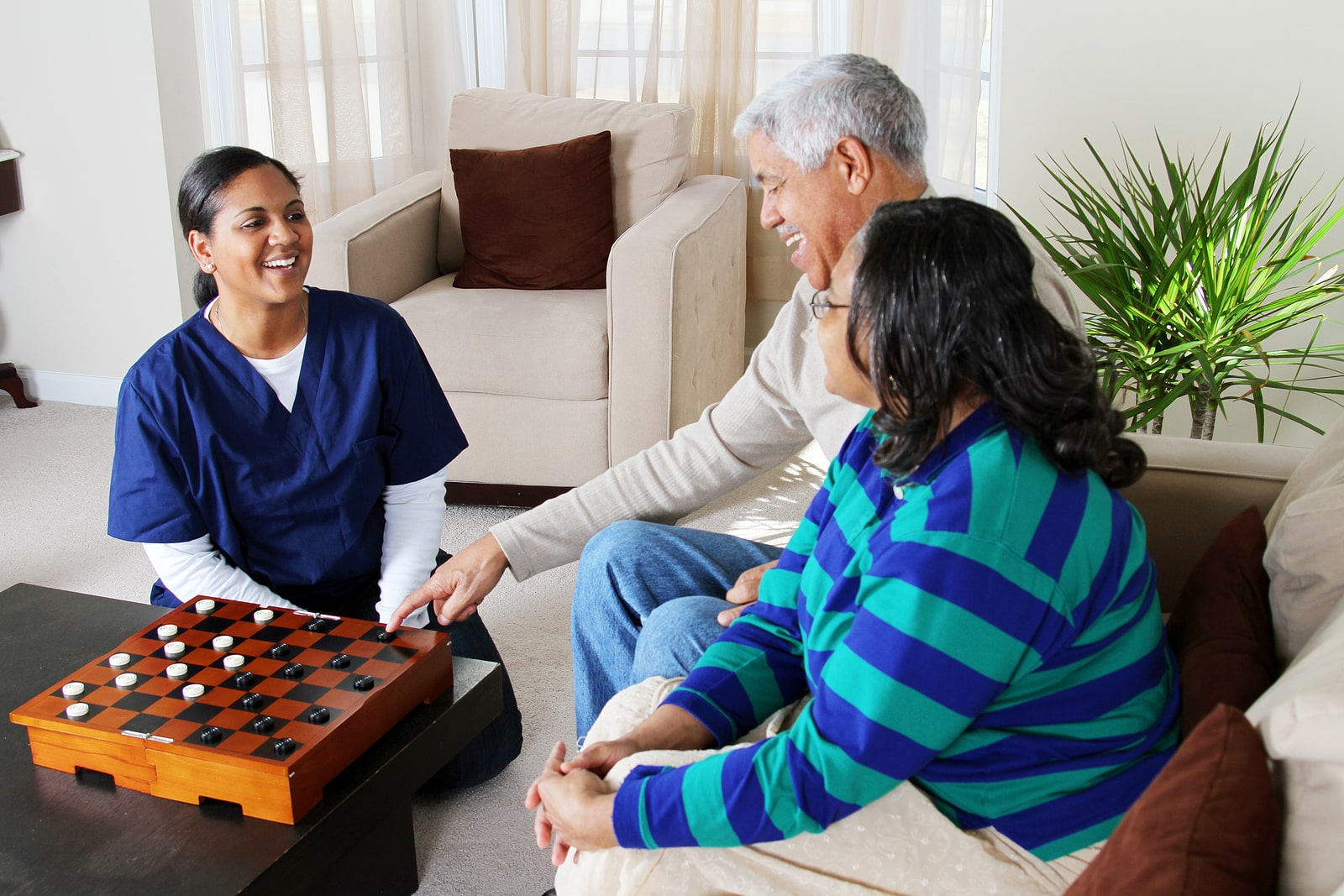
A home health care worker and an elderly couple playing a game
Pro tip: Choose puzzles based on the person’s ability level to ensure enjoyment and avoid frustration.
3. Music and Memory
Listening to favorite songs, playing an instrument, or singing along to tunes can stimulate memory recall and improve mood, especially for those living with dementia.
Activity Idea: Create a personalized playlist based on key life periods (childhood, teen years, weddings) to spark connection and joy.
4. Reading and Storytelling
Reading aloud, whether it’s a novel, poetry, a news article, or a family story, activates language centers and encourages concentration.
5. Arts and Crafts
Painting, knitting, scrapbooking, or coloring supports hand-eye coordination, boosts mood, and encourages creative thinking.
6. Cooking and Baking Together
Following a recipe taps into multiple brain functions: memory, math, focus, and sequencing. Involving care recipients in meal prep also builds confidence and encourages healthy eating.

Simple recipes with step-by-step tasks work best for those with cognitive impairments.
7. Nature Walks and Observation Games
Gentle movement combined with mindful observation can wake up the brain. Ask your loved one to notice colors, sounds, birds, or flowers during a short walk.
Tip: Keep a “nature journal” to write or draw what was observed. This helps build awareness and memory.
8. Learning Something New
Whether it’s trying a new language app, learning simple phrases in sign language, or picking up basic gardening tips as learning keeps the brain fresh and curious.
Making Brain Stimulation Part of Everyday Care
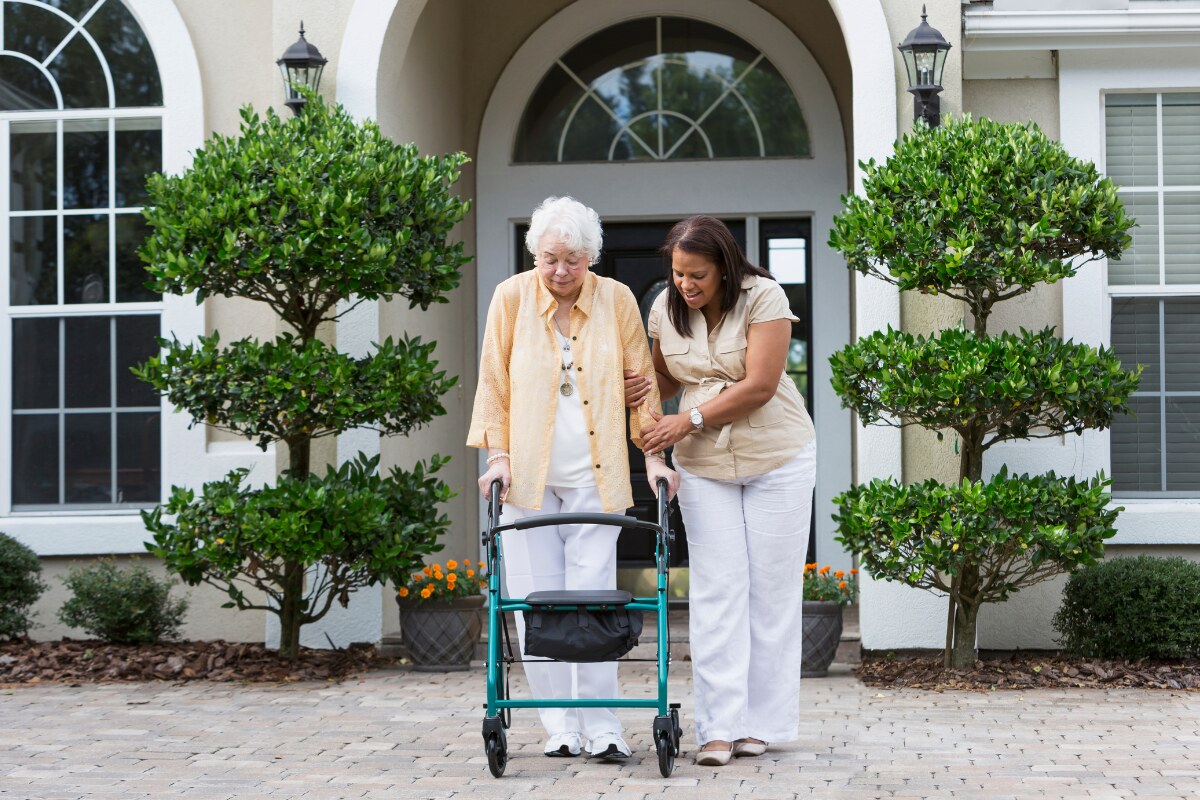
Consistency is key. You don’t need elaborate programs to keep the brain active, just small, regular moments of meaningful engagement. At Previce Care, our caregivers integrate cognitive health into each client’s daily care plan with personalized activities that reflect their interests, abilities, and personality.
We also help families understand the subtle signs of cognitive decline and connect them to professionals when more structured support is needed.
Final Thoughts: Every Mind Deserves to Thrive
A person’s cognitive health is deeply tied to their identity, independence, and sense of fulfillment. When we stimulate the mind, we’re not just preserving memory; we’re preserving connection, dignity, and joy.
At Previce Care, we believe that every care recipient deserves to feel mentally alive and engaged, no matter their age or ability. Through compassionate, brain-friendly care, we help create moments of clarity and connection that make each day meaningful. Because care is more than assistance, it’s empowerment for the mind, body, and soul.
